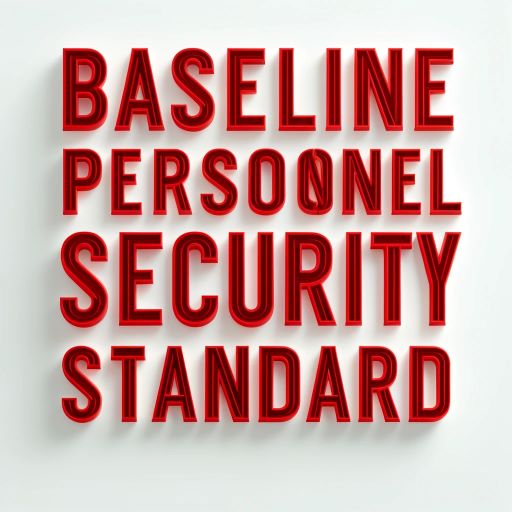
What Is the Difference Between Bpss and Dbs? When distinguishing between BPSS and DBS checks, it's vital to recognize that BPSS focuses on national security vetting, identity verification, and right to work status, while DBS solely examines an individual's criminal record.
Providing evidence of at least three years of employment history is an important requirement for BPSS clearance. HMRC tax records and National Insurance contributions can be used to validate your employment history.
When undertaking BPSS clearance, organizations must verify four main components: identity confirmation, employment history, criminal record, and right to work status. This comprehensive approach ensures that all aspects of an individual's background are scrutinized, providing a holistic view of their suitability for sensitive roles. The thoroughness of BPSS clearance helps prevent any potential security breaches that could arise from incomplete background checks.





